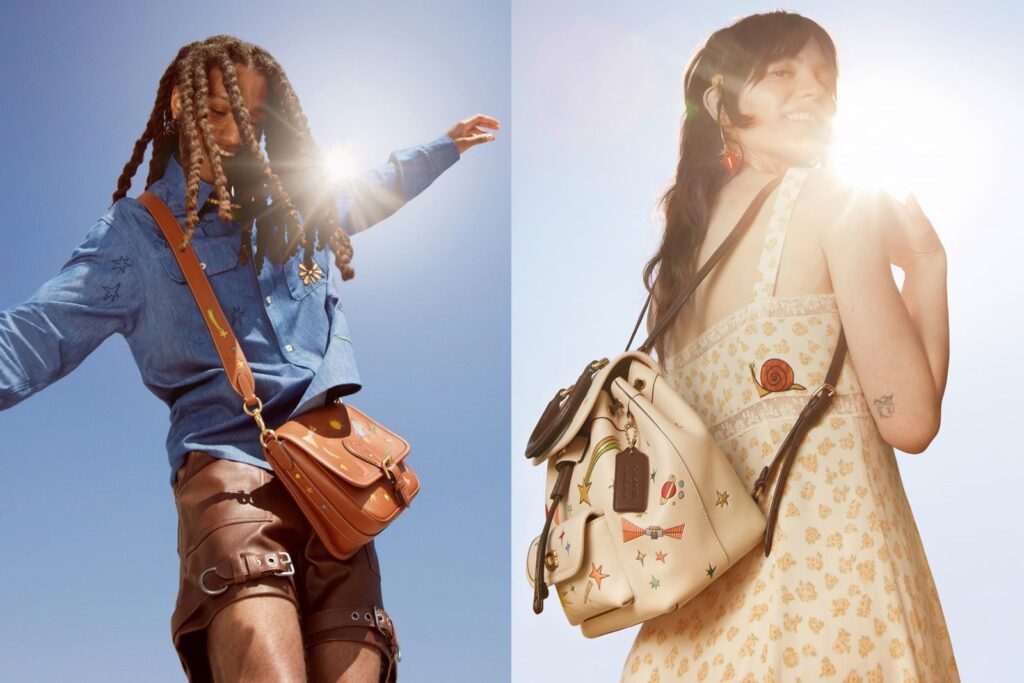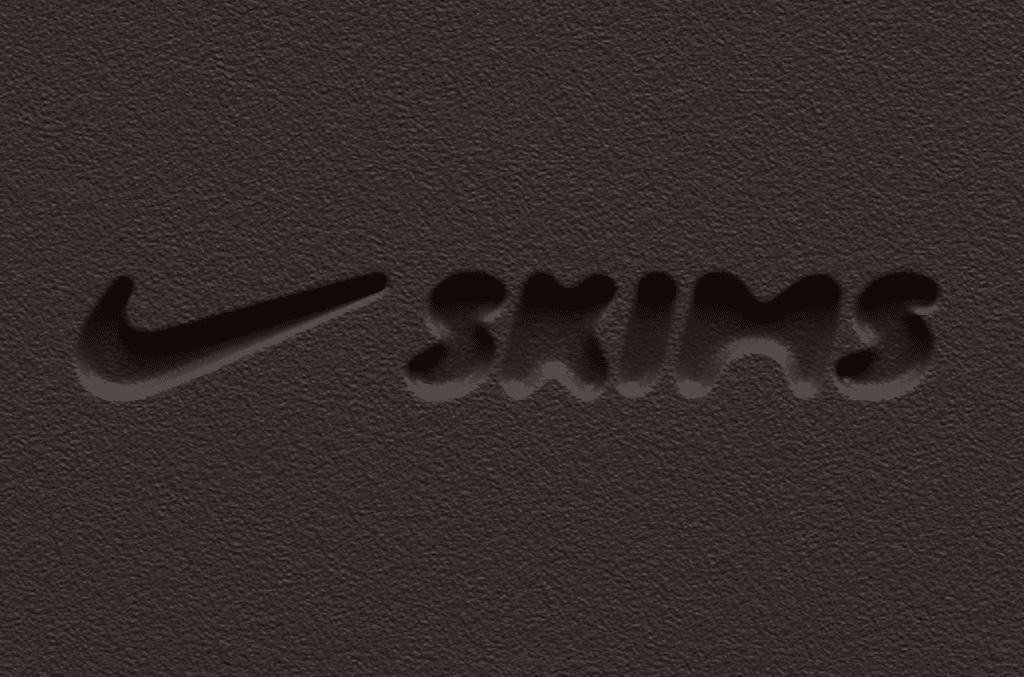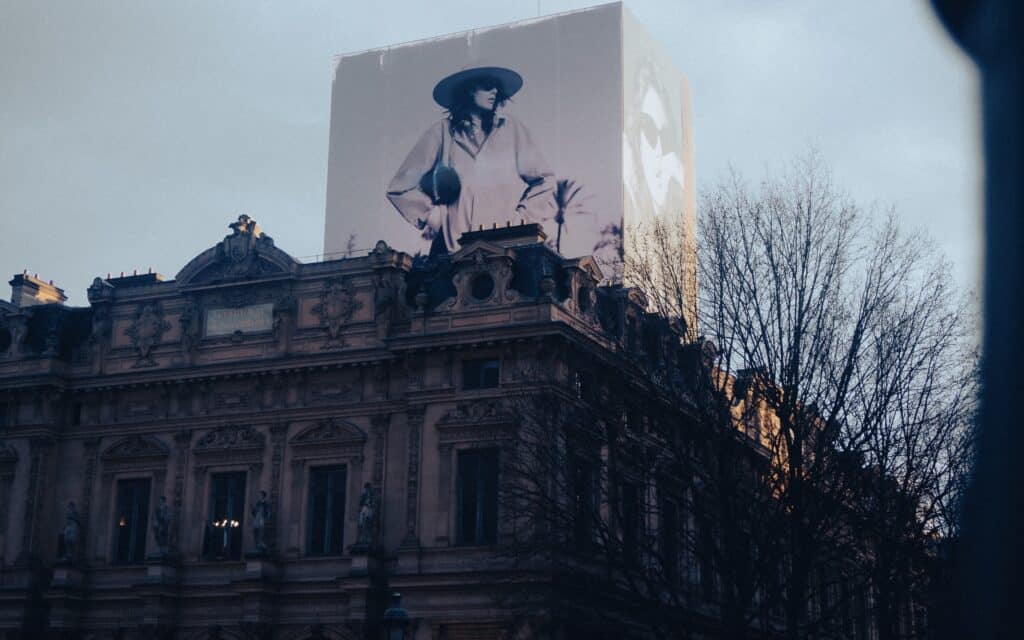Over three decades after its founding, Chrome Hearts is in the midst of a surge in popularity. Last year, men’s fashion and streetwear marketplace Grailed put Chrome Hearts in the number 10 spot on its annual “Best Brands” list, a nod to the fact that the Los Angeles-based brand – which Grailed says is difficult to acquire due to the fact that it only stocks its handcrafted offerings in “its own outposts and very curated roster of partners” – saw “a major jump in popularity over the course of 2020.” More recently, in its first-half Current Culture Index, StockX revealed that sales of Chrome Hearts wares on its platform were up by 2,200 percent between January 1, 2021 and June 30, thanks – in part – to a number of successful collaborations that were rolled out by the brand.
Collaborations – such as ones that have seen Chrome Hearts pair up with the likes of Off-White founder Virgil Abloh, Drake, and supermodel Bella Hadid, among others – are part of a larger boost in demand for the brand, which coincides with a growing number of brick-and-mortar stores, including its 16,000-square-foot flagship in New York’s West Village and a new outpost in St. Barth’s (and plans for two more stores in London and Paris); additional product categories; and an ever-expanding list of ultra-famous clients that range from Elton John and Cher to Rihanna and the Jenners, and not famous but nonetheless deep-pocketed fans, who clamor for its cross-adorned t-shirts and denim, as well as its eyewear, home goods, and its jewelry, of course – all of which sells at full-price. The brand does not put its wares on sale.
Meanwhile, resale sites like The RealReal and StockX are rife with Chrome Hearts products – from $400-plus cotton t-shirts and $6,000 jeans to $500 embroidered baseball caps and sterling silver jewelry that reaches well into the $8,000 range – and demand there is growing, as well. A rep for The RealReal told TFL that over the past two years (from the first-half of 2019 to H1 of 2021), demand for the brand has increased two-fold on the luxury resale platform, with such rising interest prompting the average selling price for Chrome Hearts wares to grow by 63 percent, and the resale value of the brand’s offerings to increase by upwards of 30 percent over the same two-year period.
Reps for the privately-held Chrome Hearts – which was founded in 1988 by former leather dealer Richard Stark, who now runs the 800-person company with his wife, Laurie Lynn – have “declined to comment on revenues,” as previously reported by WWD’s Booth Moore. Stark did, however, reveal in late 2019 that the company’s business was “growing tremendously,” a seeming nod to notable revenue gains. (Sources for TFL were unable to confirm whether the brand’s sales have “fluctuated significantly” over the past 5 to 6 years.)
Building Out the Brand
Aside from building out their retail footprint to upwards of 30 stores, and expanding their offerings beyond jewelry and leather goods to Bella Hadid-endorsed crop tops and those increasingly-ubiquitous cross-adorned jeans, Chrome Hearts’ surge in popularity comes as the company has been working overtime to build out its brand. Underway behind the scenes of Chrome Hearts’ public rise has been a steady flow of trademark applications for registration lodged with the U.S. Patent and Trademark Office (“USPTO”), as well as international trademark bodies, which have enabled the company to build up an arsenal of intangible assets for various word marks, stylized iterations of its brand name, and no shortage of Celtic crosses, fleur de lys, and horse shoe icons that have come to serve as indicators of the Chrome Hearts brand in the minds of consumers. (The brand currently maintains more than 225 registrations in the U.S.)
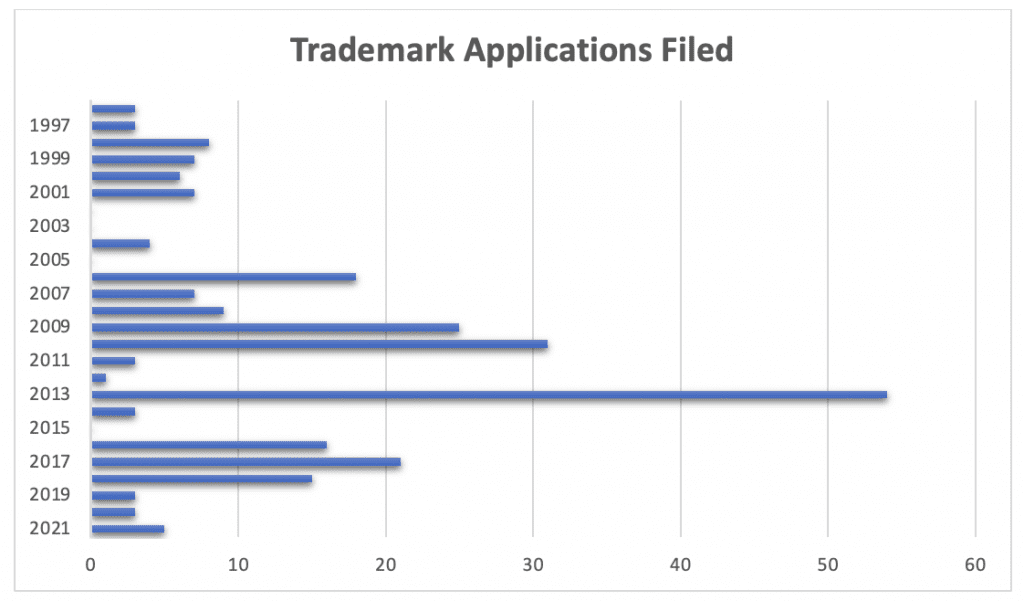
Chrome Hearts has presumably been able to leverage those assets as an integral element of the value of its company; after all, it reportedly nabbed a $1.5 billion valuation when it “quietly sold 10 percent of [the company] to a private equity firm [in 2019] for $150 million,” per WWD.
And beyond that, the brand can rely on those registrations when it takes infringers to task, which it regularly does. It seems that as Chrome Hearts has risen in popularity, particularly in recent years, the market has – unsurprisingly – been flooded with fakes, prompting Chrome Hearts to file just upwards of 30 trademark infringement lawsuits in the U.S., alone, over the past year and a half against dozens of defendants, which have ranged from a large number of China-based counterfeit-sellers to the likes of Redbubble, MNLM, Macy’s, J.C. Penney, and Fashion Nova. Before that, it has taken on the likes of Guess, the Kooples, Kohl’s, Sears, Target, and Walmart, among many others, in trademark lawsuits dating back to the early 2000s.
In one of the most recently-filed cases (Chrome Hearts filed four different trademark infringement suits on August 13), the brand accuses British fast fashion brand Missguided of offering up “clothing and accessories that bear marks identical and/or confusingly similar to one or more [of its] trademarks,” namely, a version of a Celtic cross, in an attempt to “confuse the public as to the source of [the Missguided] goods … and to reap the benefit of Chrome Hearts’ goodwill associated with the Chrome Hearts marks.”
According to the complaint, which was filed in a California federal court last month, Chrome Hearts asserts that as a result of its “long use” of the (otherwise not-terribly-distinctive) cross marks on garments and accessories, paired with “extensive sales, and significant advertising and promotional activities,” these marks have achieved “widespread acceptance and recognition amongst the consuming public and trade throughout the United States.” Speaking specifically to its advertising efforts, Chrome Hearts claims that it “spends on average more than $1 million per year on advertising, promoting, and marketing” its brand, and since it launched in 1988, it “has sold over a billion dollars’ worth of clothing, all bearing one or more of the Chrome Hearts trademarks.”
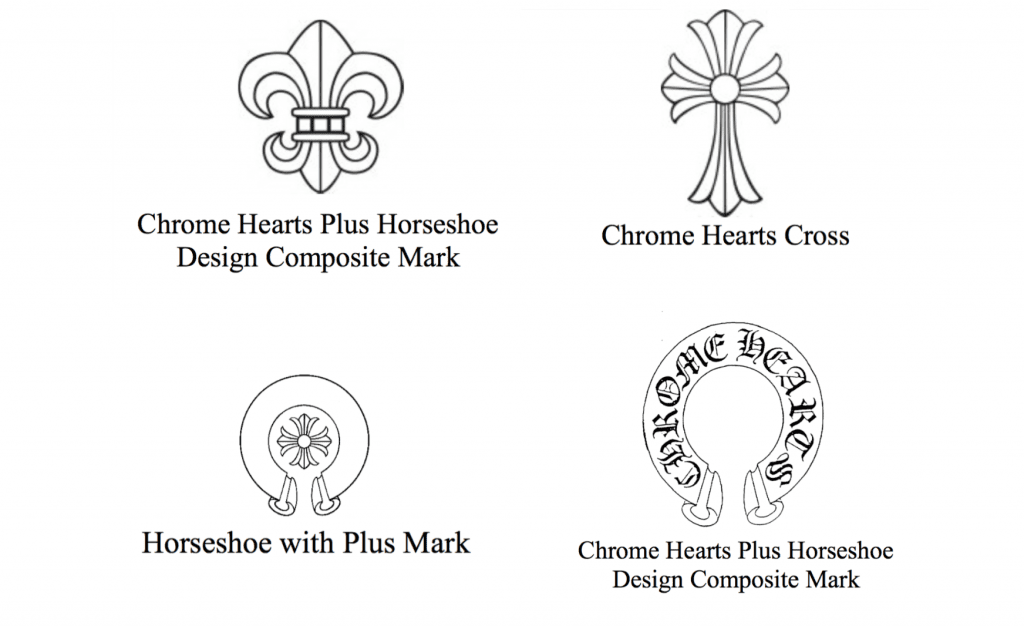
(These suits have, of course, not come without pushback from defendants looking to escape trademark liability, much of which has centered on the commonplace nature of the marks, themselves. In the case that Chrome Hearts waged against MNML, for instance, the fast fashion streetwear brand attempted to chip away at the strength of the case by arguing that Chrome Hearts “has no protectable trademark rights” in the cross symbol for a number of reasons, including because the cross mark is “ornamental, consists of a generic design used by the public at large in ornamental fashion, and fails to function as a trademark.” That suit ultimately settled within six months of its filing and before the court could made any determinations on the nature of Chrome Hearts’ marks.)
Looking to Gen-Z
In addition to the millions that it has spent on various advertising initiatives, Chrome Hearts is also engaging in another, potentially even larger campaign to put its brand at the forefront of one certain demographic of consumers: younger ones. With decades of cult clout – and a long list of uber-famous fans – at play, at the heart of Chrome Hearts’ new phase of growth and appeal seems to be the Starks’ children, singer Jesse Jo, 30, and teenage twins Frankie Belle and Kristian, who, as Booth Moore previously put it, are “bring[ing] the next generation of consumers into stores through collaborations, their entrepreneurial spirit, and social media.”
For the Starks, the next generation rests largely in the hands of Jesse Jo, whose role at the company started with her developing “a new stud and spike design that has since become a Chrome Hearts staple,” and has expanded ever since. “They have allowed me to interpret Chrome Hearts in my own way,” Jesse Jo told W magazine of her foray into the family business several years ago. “And my friends all think it is cool now, too.” Those friends, the magazine noted, consist of “the next generation of Los Angeles royalty,” i.e., Bella Hadid, Kaia Gerber, Sofia Richie, Atlanta de Cadenet Taylor, and co.
While much has been made of the increasingly visible touch of the next generation of Chrome Hearts masterminds on the family brand, their prowess in the market can not only be seen in the brand’s new designs and its collaborators (Hadid being one of them). It can also be clearly identified in another place: the age of the brand’s newest devotees. In addition to enticing millennial consumers and those in Gen X, a new pool of consumers, the uber-valuable Gen-Z, those born after 1996, are starting to clamor for Chrome Hearts.
Look no further than The RealReal for proof. The resale pioneer – which regularly mines its data to discern the resale heat of brands at any given time, a metric that is largely understood to also act as a broader indicator of demand for a brand at the point of initial retail – ranks Chrome Hearts as number 16 on its list of the brands that are most-search-for by Gen-Z consumers, and it very well may advance further. In other words, the company’s quest to woo the next generation of consumers seems to be working.
All the while, chances are, this rising demand will bring with it greater sales, a steady stream of more trademark filings, and inevitably, even more litigation in order to protect and police unauthorized uses of those trademarks, which are some of the most integral elements that come with building and maintaining a buzzy consumer brand.








